40 how do astrology and astronomy differ
English prefix - Wikipedia English prefixes are affixes (i.e., bound morphemes that provide lexical meaning) that are added before either simple roots or complex bases (or operands) consisting of (a) a root and other affixes, (b) multiple roots, or (c) multiple roots and other affixes.Examples of these follow: undo (consisting of prefix un-and root do); untouchable (consisting of prefix un-, root touch, and … Ophiuchus, the 13th Sign of the Zodiac | OpenMind Nov 15, 2018 · The Sun only spends a week crossing Scorpio, while it spend a month and a half in Virgo; these times of passage are the same now as 2,500 years ago, and differ greatly from the division of one month for each sign of the horoscope arbitrarily established by Babylonian astrologers, who decided to dispense with Ophiuchus and keep a rounder number ...
Saturn - Wikipedia Saturn is the sixth planet from the Sun and the second-largest in the Solar System, after Jupiter.It is a gas giant with an average radius of about nine and a half times that of Earth. It has only one-eighth the average density of Earth; however, with its larger volume, Saturn is over 95 times more massive. Saturn's interior is most likely composed of a core of iron–nickel and rock (silicon ...

How do astrology and astronomy differ
List of topics characterized as pseudoscience - Wikipedia Dec 21, 2012 · Physical sciences Astronomy and space sciences. 2012 phenomenon – a range of eschatological beliefs that cataclysmic or otherwise transformative events would occur on or around 21 December 2012. This date was regarded as the end-date of a 5,126-year-long cycle in the Mesoamerican Long Count calendar and as such, festivities to commemorate the date took … Space tourism explained: What, why and where - Tourism Teacher May 24, 2022 · To date, there is little academic research into space tourism. Yes, some people have looked into astrology and the like, but on the whole, there is a dearth of information. ... Whilst each space tourism holiday company will differ slightly, prices will typically include pre-departure training and equipment. For now, space tourism trips are set ... Roman Empire - Wikipedia The Roman Empire (Latin: Imperium Romanum [ɪmˈpɛri.ũː roːˈmaːnũː]; Greek: Βασιλεία τῶν Ῥωμαίων, translit. Basileía tôn Rhōmaíōn) was the post-Republican period of ancient Rome.As a polity, it included large territorial holdings around the Mediterranean Sea in Europe, North Africa, and Western Asia, and was ruled by emperors.
How do astrology and astronomy differ. Roman Empire - Wikipedia The Roman Empire (Latin: Imperium Romanum [ɪmˈpɛri.ũː roːˈmaːnũː]; Greek: Βασιλεία τῶν Ῥωμαίων, translit. Basileía tôn Rhōmaíōn) was the post-Republican period of ancient Rome.As a polity, it included large territorial holdings around the Mediterranean Sea in Europe, North Africa, and Western Asia, and was ruled by emperors. Space tourism explained: What, why and where - Tourism Teacher May 24, 2022 · To date, there is little academic research into space tourism. Yes, some people have looked into astrology and the like, but on the whole, there is a dearth of information. ... Whilst each space tourism holiday company will differ slightly, prices will typically include pre-departure training and equipment. For now, space tourism trips are set ... List of topics characterized as pseudoscience - Wikipedia Dec 21, 2012 · Physical sciences Astronomy and space sciences. 2012 phenomenon – a range of eschatological beliefs that cataclysmic or otherwise transformative events would occur on or around 21 December 2012. This date was regarded as the end-date of a 5,126-year-long cycle in the Mesoamerican Long Count calendar and as such, festivities to commemorate the date took …
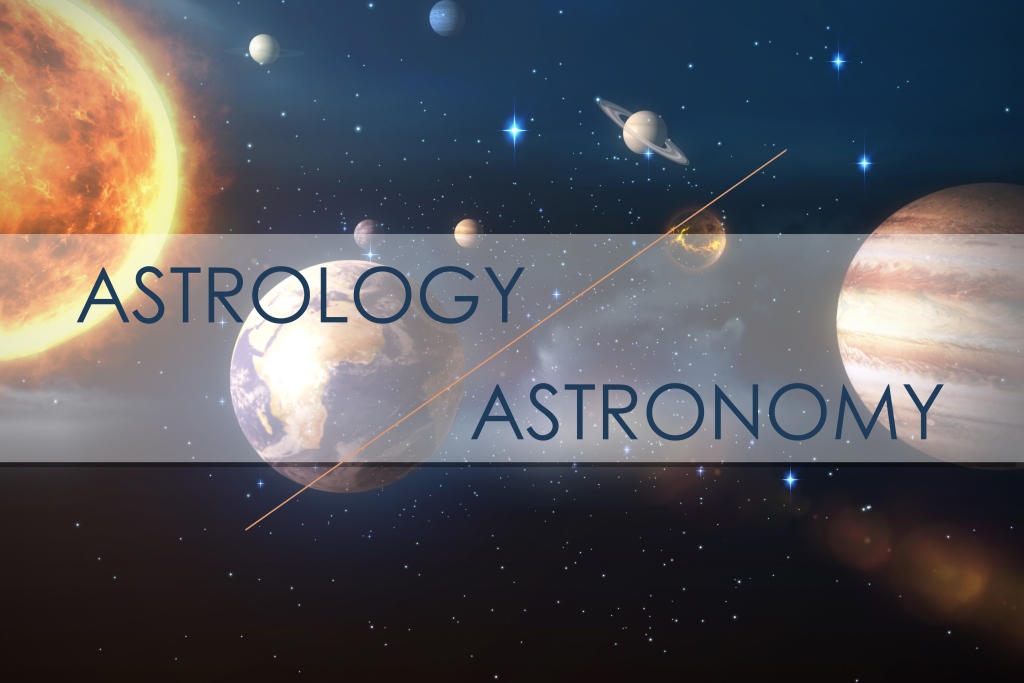


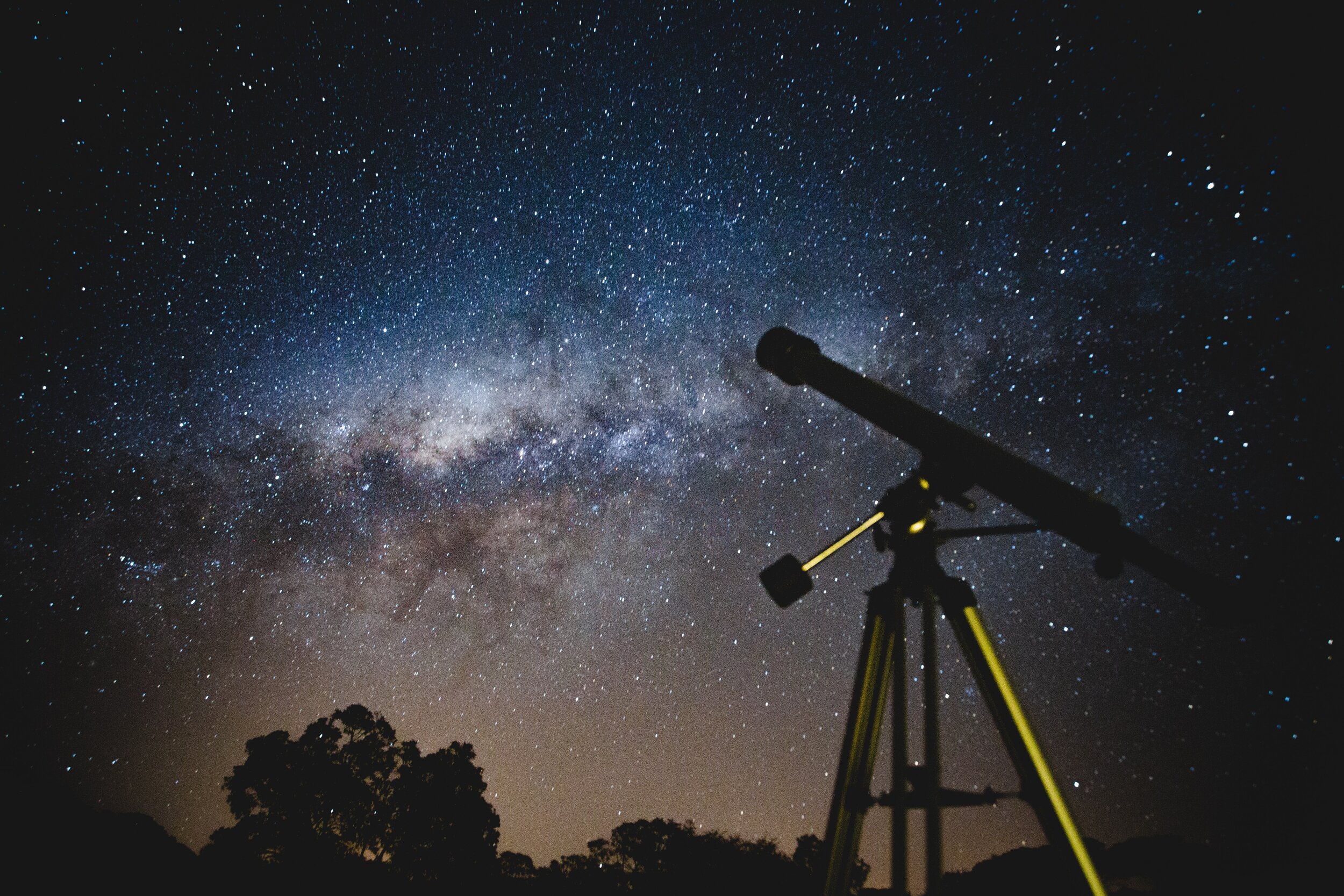

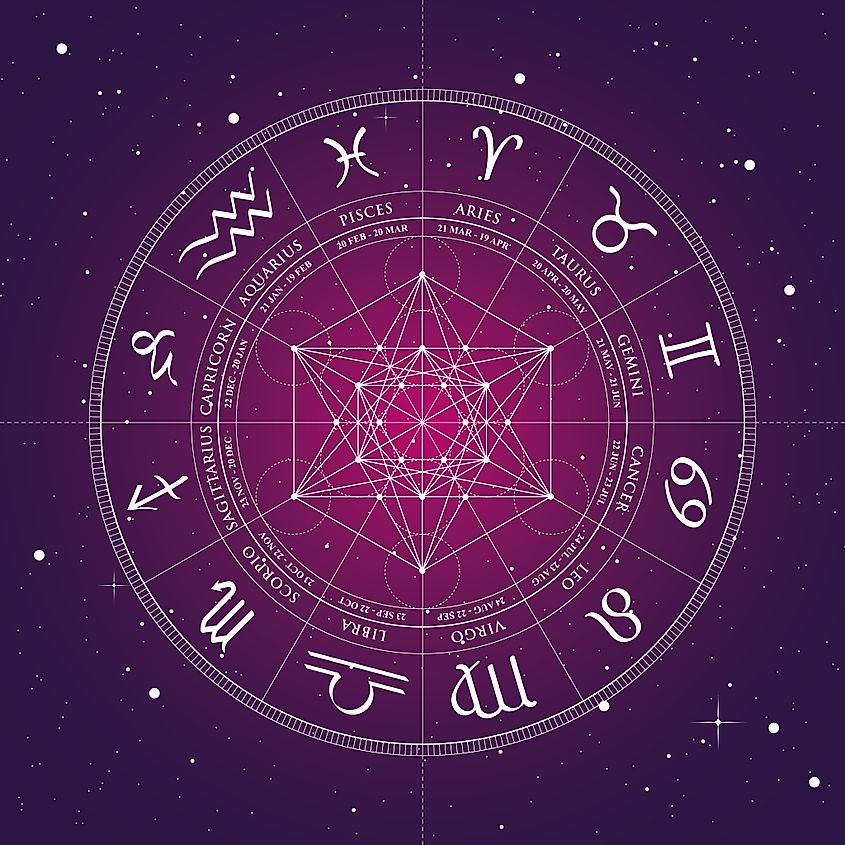

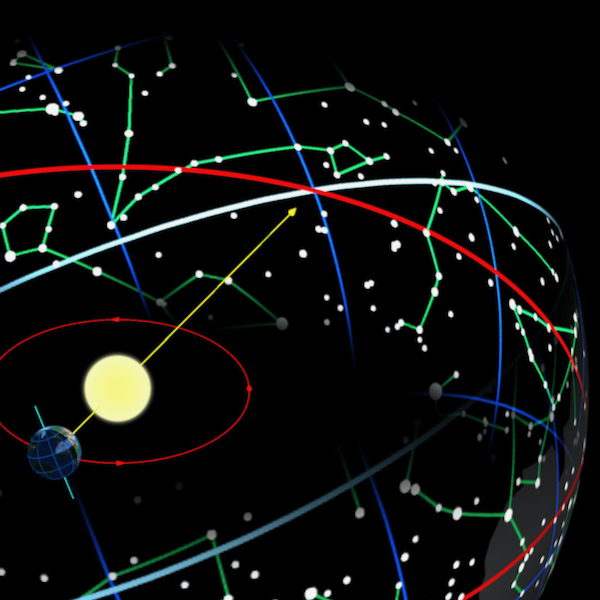



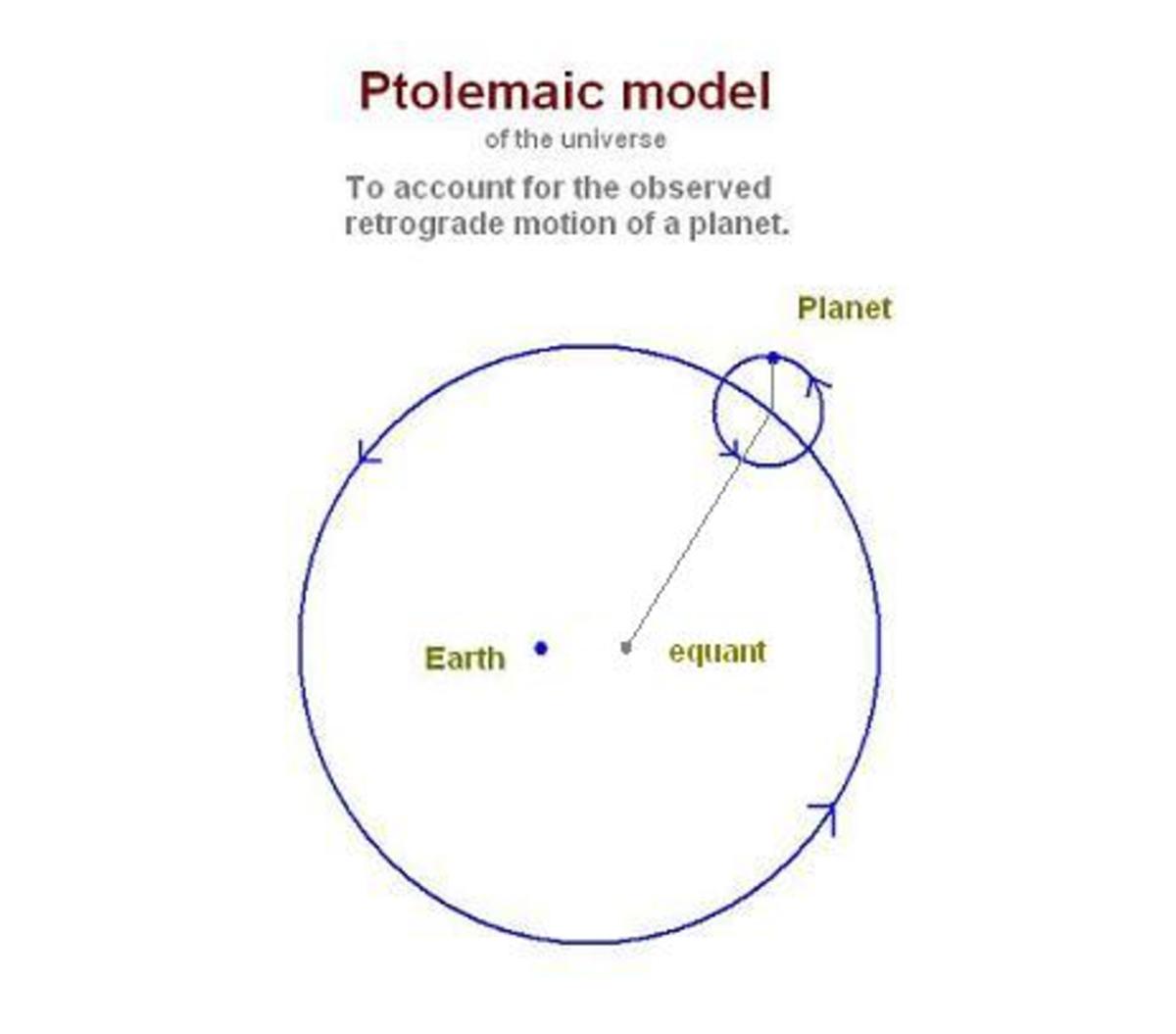



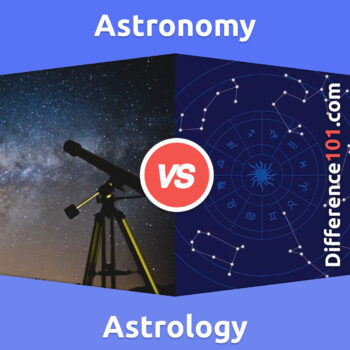



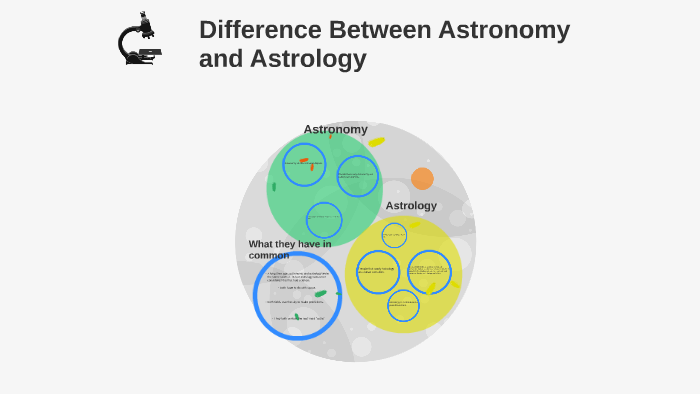
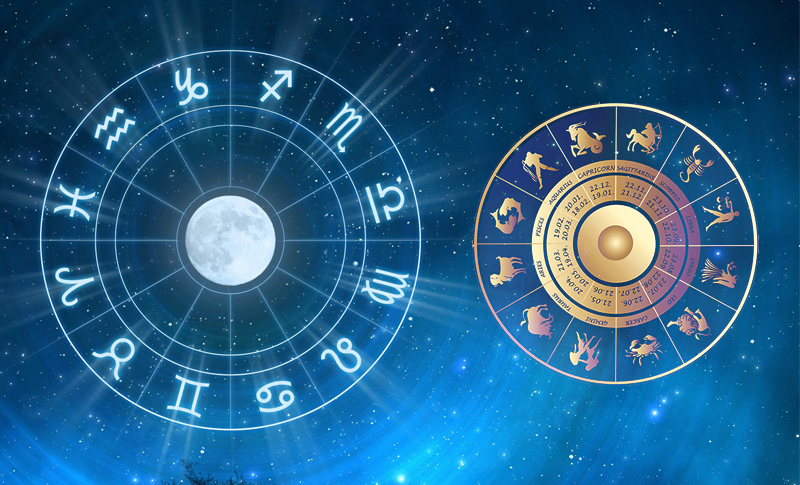




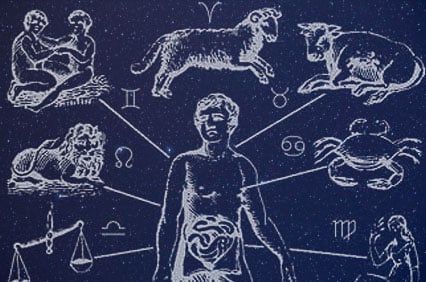
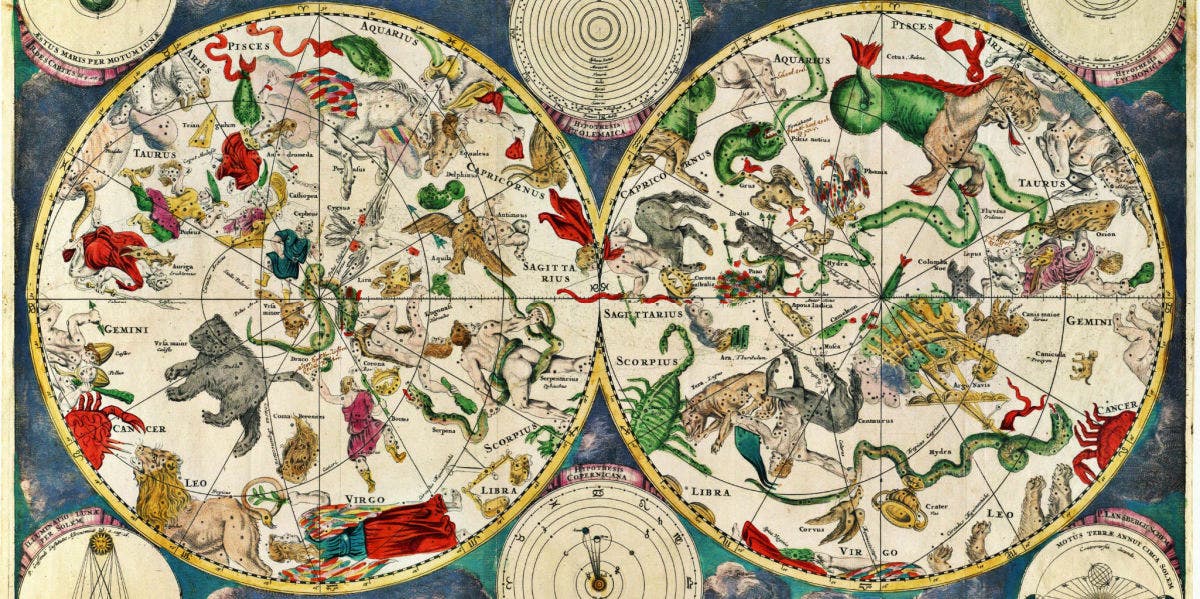


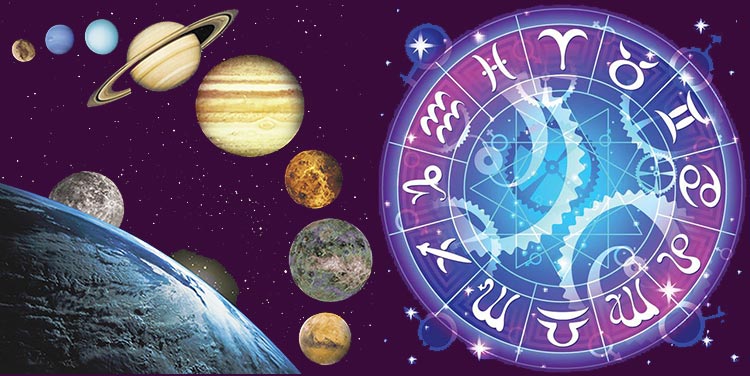


![Astronomy vs Astrology [What, Why And How They're Different]](https://www.astronomyscope.com/wp-content/uploads/2019/07/Astronomy-vs-Astrology-What-Why-And-How-Theyre-Different.png)
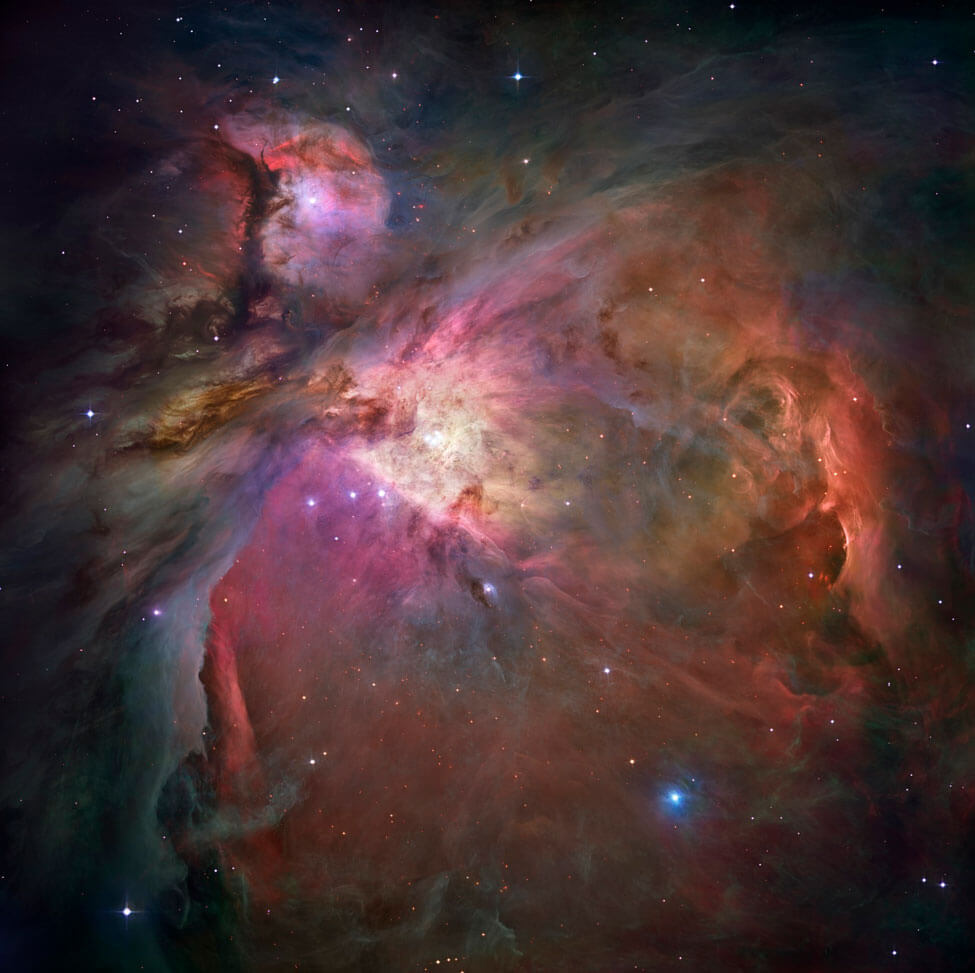


0 Response to "40 how do astrology and astronomy differ"
Post a Comment